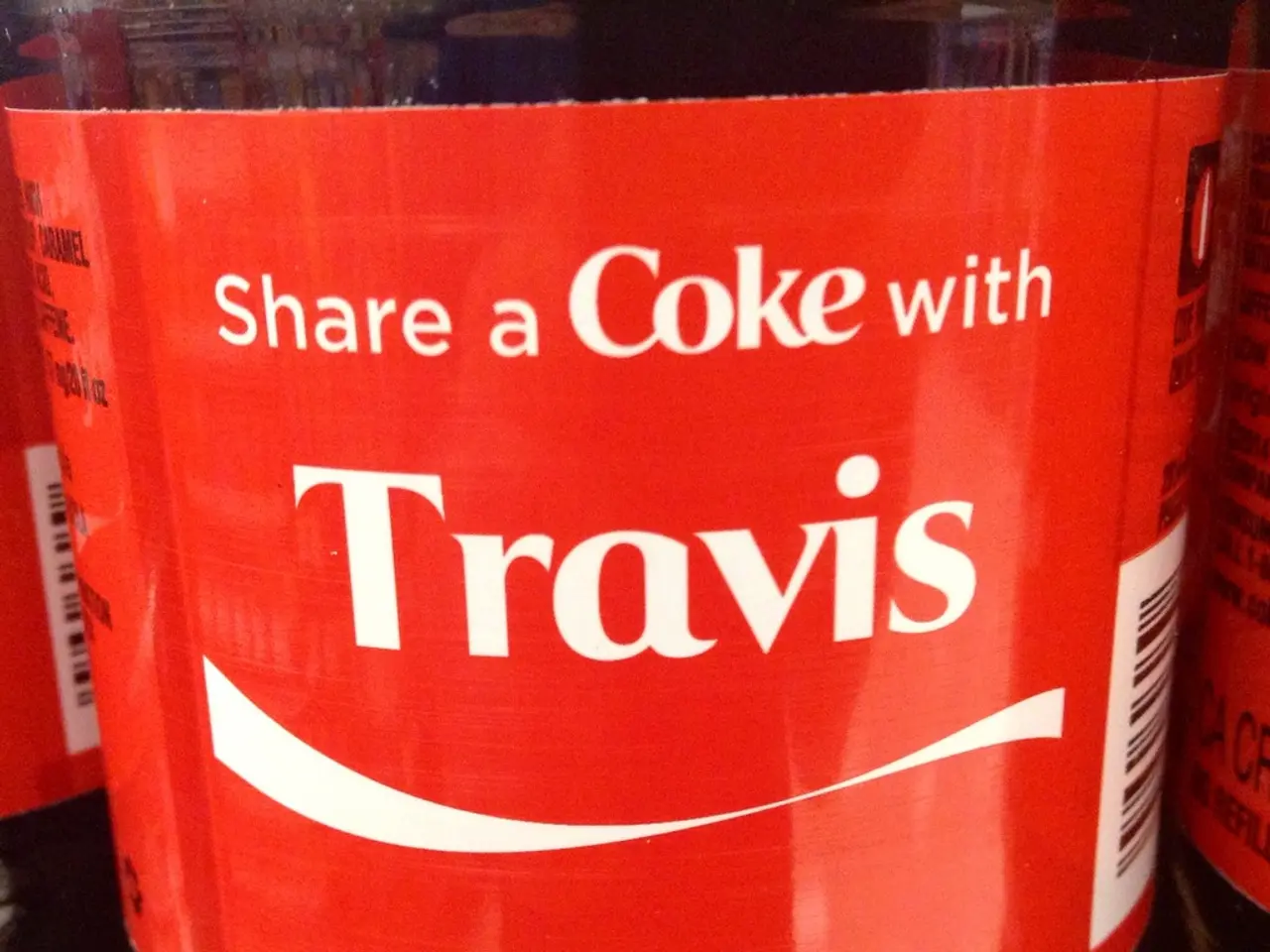Individuals Show Moderated Criticism Toward Ghosting When Perpetrated by a Person of Similar Gender
In a groundbreaking study published in the Journal of Social and Personal Relationships (2025), researchers Betül Kabasakal and Elif Cimsir delve into the intricacies of how individuals evaluate ghosting behaviour and those who engage in it. The study involved 224 Turkish university students who rated the appropriateness of ghosting behaviour and the likability of the person who did it in various scenarios.
The research reveals that attitudes towards ghosting, and those who ghost, vary significantly. One striking finding is that both male and female participants tended to rate ghosters of their own gender as more likable and their actions as more acceptable - a pattern suggesting in-group bias.
In romantic contexts, women tend to perceive ghosting as more hurtful and damaging compared to men. They often interpret ghosting as a sign of rejection that can deeply affect their self-esteem and emotional well-being. Men, on the other hand, are more likely to perceive ghosting as a less serious or normative behaviour, sometimes viewing it as an avoidance strategy rather than a personal affront.
In friendships or casual acquaintances, both men and women perceive ghosting as less severe than in romantic relationships, but women still report feeling more negatively about being ghosted than men. Women are more prone to expect explanations and closure in non-romantic ghosting scenarios, while men are more accepting of abrupt endings without communication.
The study suggests these gender differences are influenced by societal norms regarding emotional expressiveness and interpersonal communication. Women are socialized to value relationship maintenance and emotional connection more highly, leading them to be more sensitive to ghosting. Men’s perceptions are shaped by norms that often discourage emotional vulnerability, which may lead to downplaying the significance of ghosting.
The findings carry important implications for understanding how people manage interpersonal conflict and relationship breakdowns. People may distinguish between disapproving of the behaviour and still finding the person socially likable, especially in romantic contexts. However, it's essential to note that these patterns were observed within the context of binary gender categories and heterosexual, cross-sex relationships.
The study also found that participants who had previously ghosted someone were significantly more likely to see the behaviour as appropriate and the ghoster as likable. This could suggest that people who engage in ghosting may later rationalize the behaviour, perhaps to reduce cognitive dissonance or maintain a positive self-image.
In a cultural context like Türkiye, judgments about ghosting may be shaped not just by personal values but also by broader social expectations. Future research could explore perceptions of ghosting in more diverse relationship types, among individuals with varying gender identities, or in long-term versus short-term contexts.
It's crucial to remember that ghosting, the act of abruptly cutting off communication without explanation, is a widely recognized phenomenon in modern relationships. People who are ghosted may experience emotional distress, including confusion, sadness, and a loss of closure. As we continue to navigate our interpersonal relationships, understanding the complexities of ghosting and its impact on individuals and society is essential.
- The study published in the Journal of Social and Personal Relationships (2025) also analyzed how social media and entertainment might influence perceptions of ghosting behavior.
- Participants' lifestyles, such as frequency of social media use and preferred entertainment, seemed to have an impact on their attitudes towards ghosting.
- It was observed that individuals who prioritize family dynamics in their lifestyle often deemed ghosting as less acceptable, regardless of the relationship type.
- In some cases, participants' psychological tendencies played a role in their perception of ghosting, with those reporting higher stress levels tending to find the behavior more distressing.
- The study implies that relationship dynamics, including love-and-dating and friendships, can be deeply affected by one'sValues and lifestyle, as well as their culture and social behavior.
- Kabasakal and Cimsir's research underscores the need for further exploration into the diverse perceptions of ghosting globally, particularly in non-binary gender relationships and long-term contexts.
- Communication styles and cultural values should be investigated in future research, as they may provide additional insights into why people engage in ghosting and how they perceive it.
- As a result, understanding the interplay between gender, culture, and social contexts in relationships, both romantic and platonic, will contribute to developing healthier and more respectful interpersonal dynamics in today's society.








